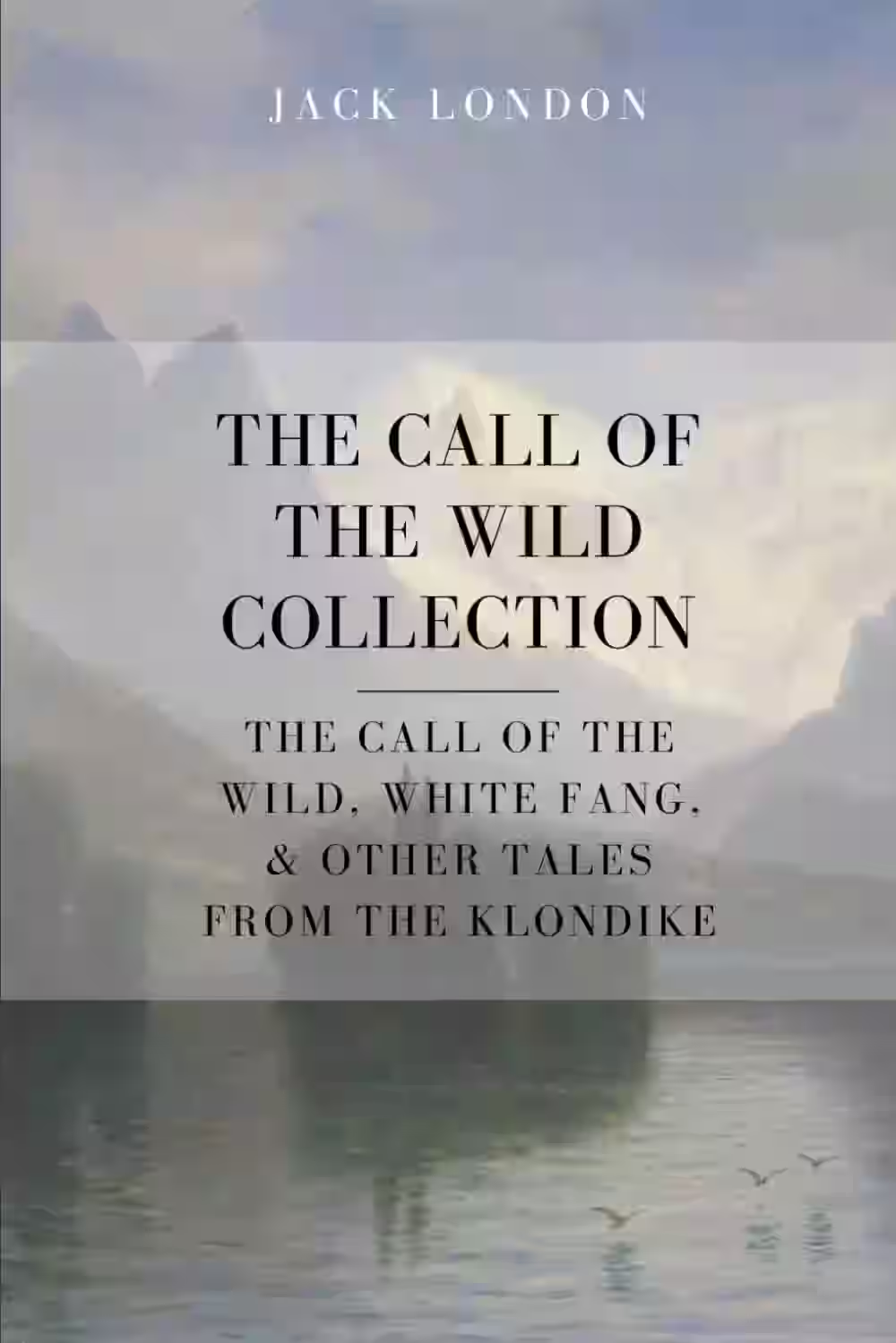
Jack London’s classic novella follows Buck, a domesticated dog stolen from his California home and sold into the brutal life of an Alaskan sled dog. As he confronts harsh conditions and primal instincts, Buck gradually reverts to his wild ancestry. The story is a powerful exploration of survival, instinct, and the tension between civilization and nature. Set during the Klondike Gold Rush, it combines adventure with philosophical reflection, offering insight into both animal behavior and human nature.
About Jack London
An American novelist, journalist, and social activist, celebrated for his adventurous and often rugged tales of the Klondike Gold Rush and the wild. His most famous works, The Call of the Wild and White Fang, explore themes of survival, nature versus civilization, and the primal instincts of animals and humans. London's vivid prose, dramatic storytelling, and engagement with socialist ideals made him a powerful and influential voice in early 20th-century American literature.
Other Books by Jack London
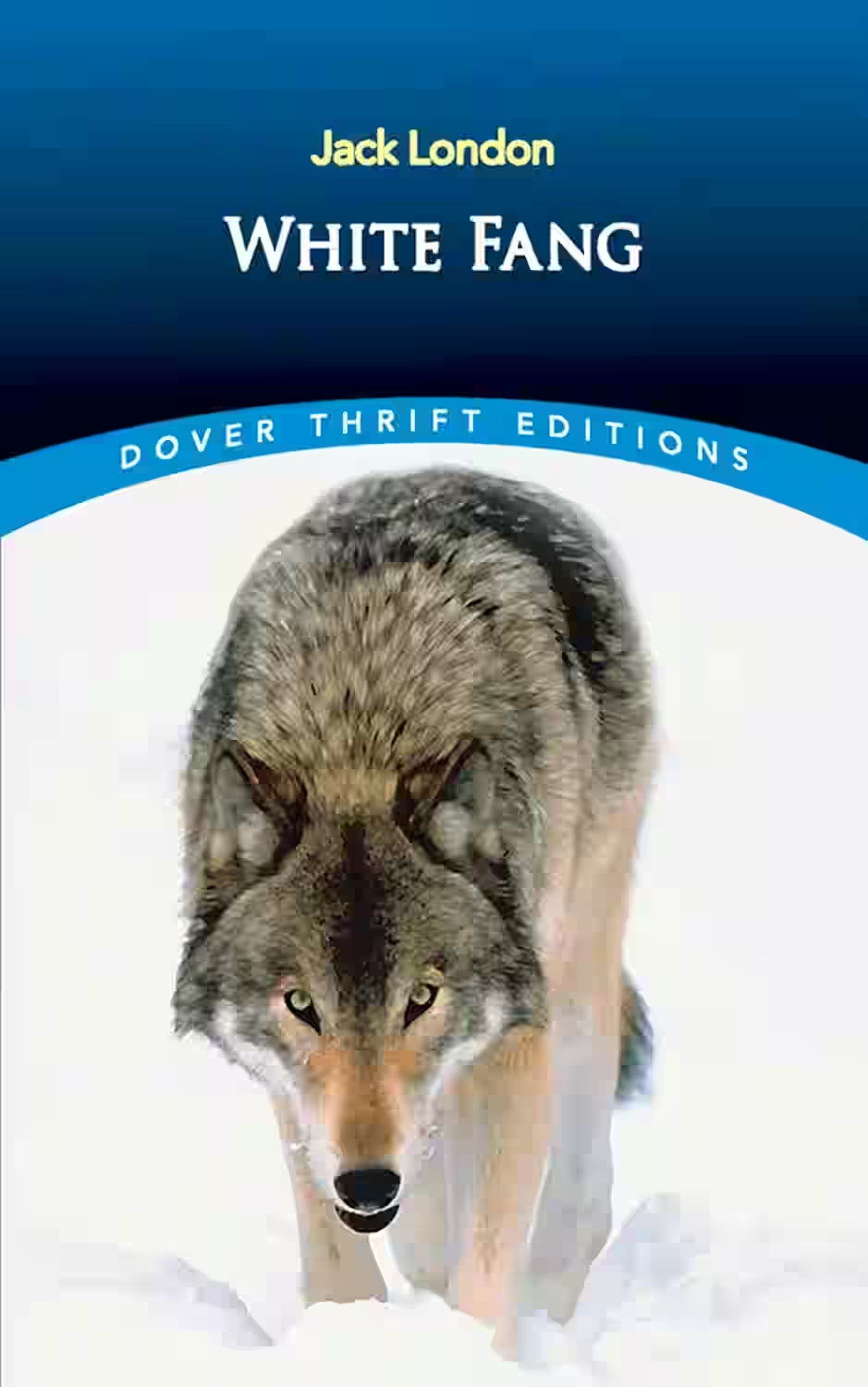
White Fang
by Jack London
Set in the Yukon during the Klondike Gold Rush, White Fang tells the story of a wild wolf-dog’s journey from savagery to domestication. Through hardship and human cruelty, White Fang learns survival, loyalty, and love. London’s classic explores nature vs. nurture, animal instinct, and the frontier spirit, told with vivid realism and empathy for both man and beast.
Similar Books
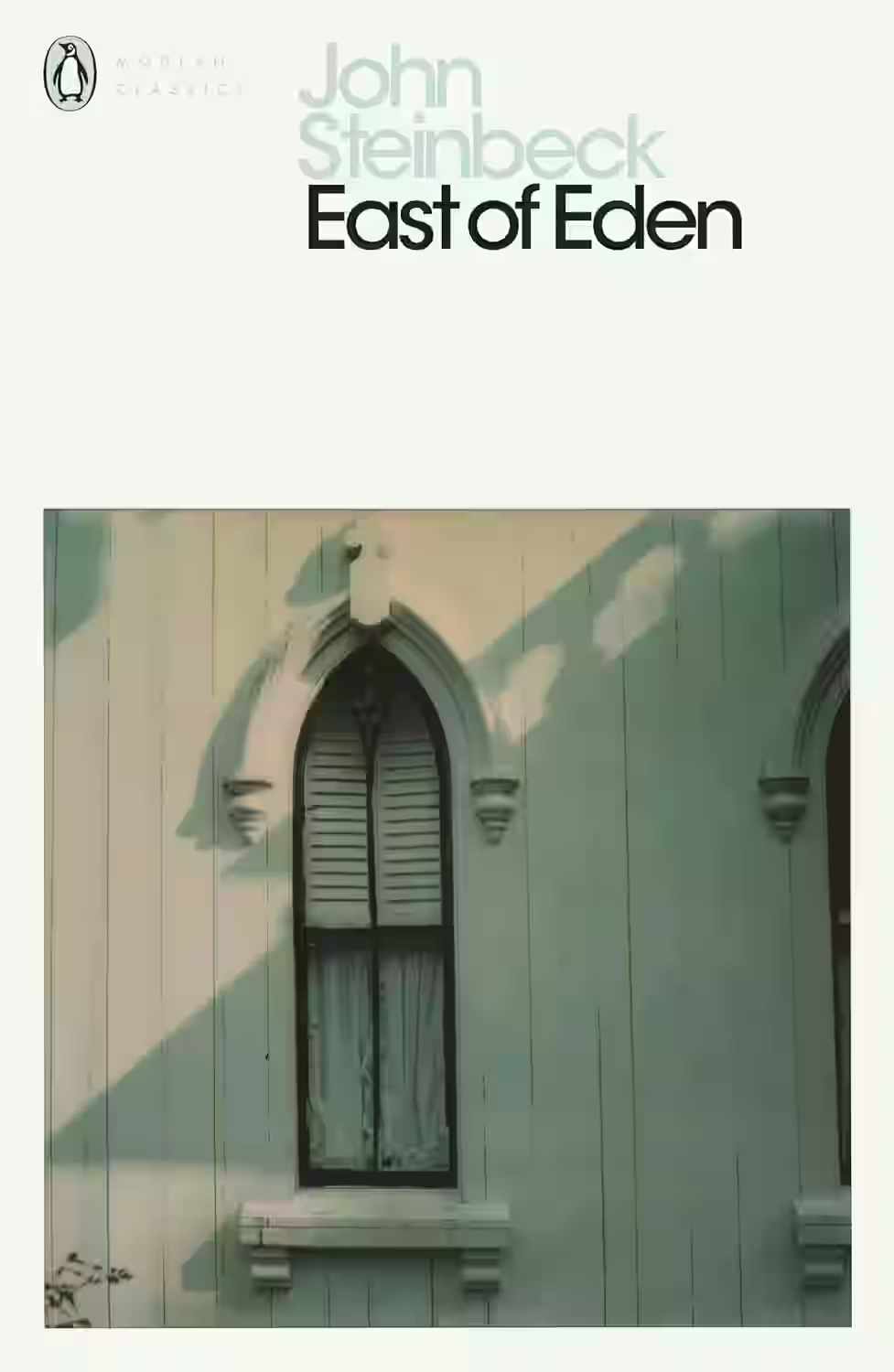
East of Eden
Set in the rich farmland of the Salinas Valley, California, this powerful, often brutal novel, follows the interwined destinies of two families - the Trasks and the Hamiltons - whose generations hopelessly re-enact the fall of Adam and Eve and the poisonous rivalry of Cain and Abel. Here Steinbeck created some of his most memorable characters and explored his most enduring themes- the mystery of indentity; the inexplicability of love, and the murderous consequences of love's absence.
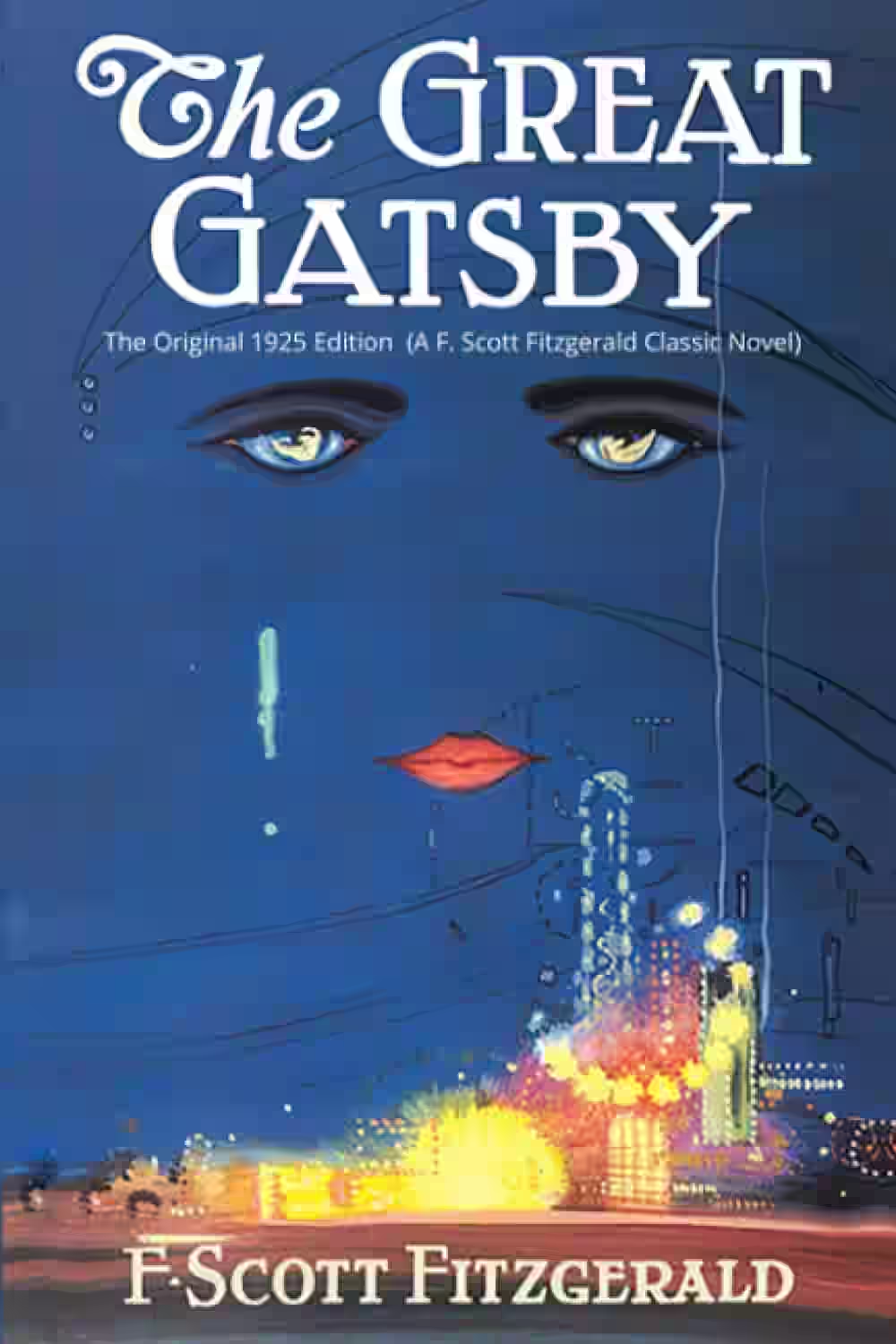
The Great Gatsby
Set in the decadent summer of 1922, this masterpiece follows mysterious millionaire Jay Gatsby's obsessive pursuit of his former love, Daisy Buchanan. Through the eyes of narrator Nick Carraway, the story unfolds in a world of lavish parties and empty morality, exploring themes of wealth, love, and the corruption of the American Dream. As Gatsby's facade crumbles, the novel reveals the hollow heart of the Jazz Age.
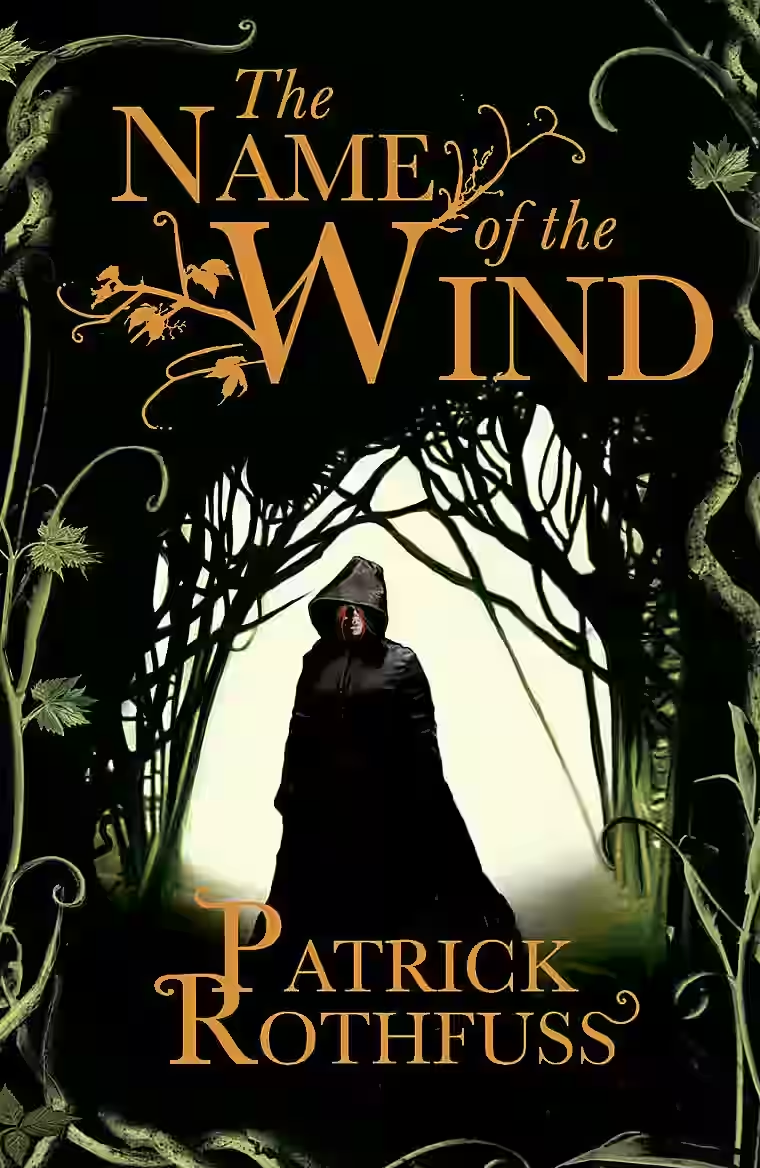
The Name of the Wind
Series: The Kingkiller Chronicle (#1)
This epic fantasy tells the tale of Kvothe, a gifted young musician who becomes the most notorious wizard his world has ever seen. Through an intricate framing device, Kvothe recounts his transformation from a traveling player to a legendary figure, weaving together magic, music, love, and tragedy in a world rich with detail and mystery.
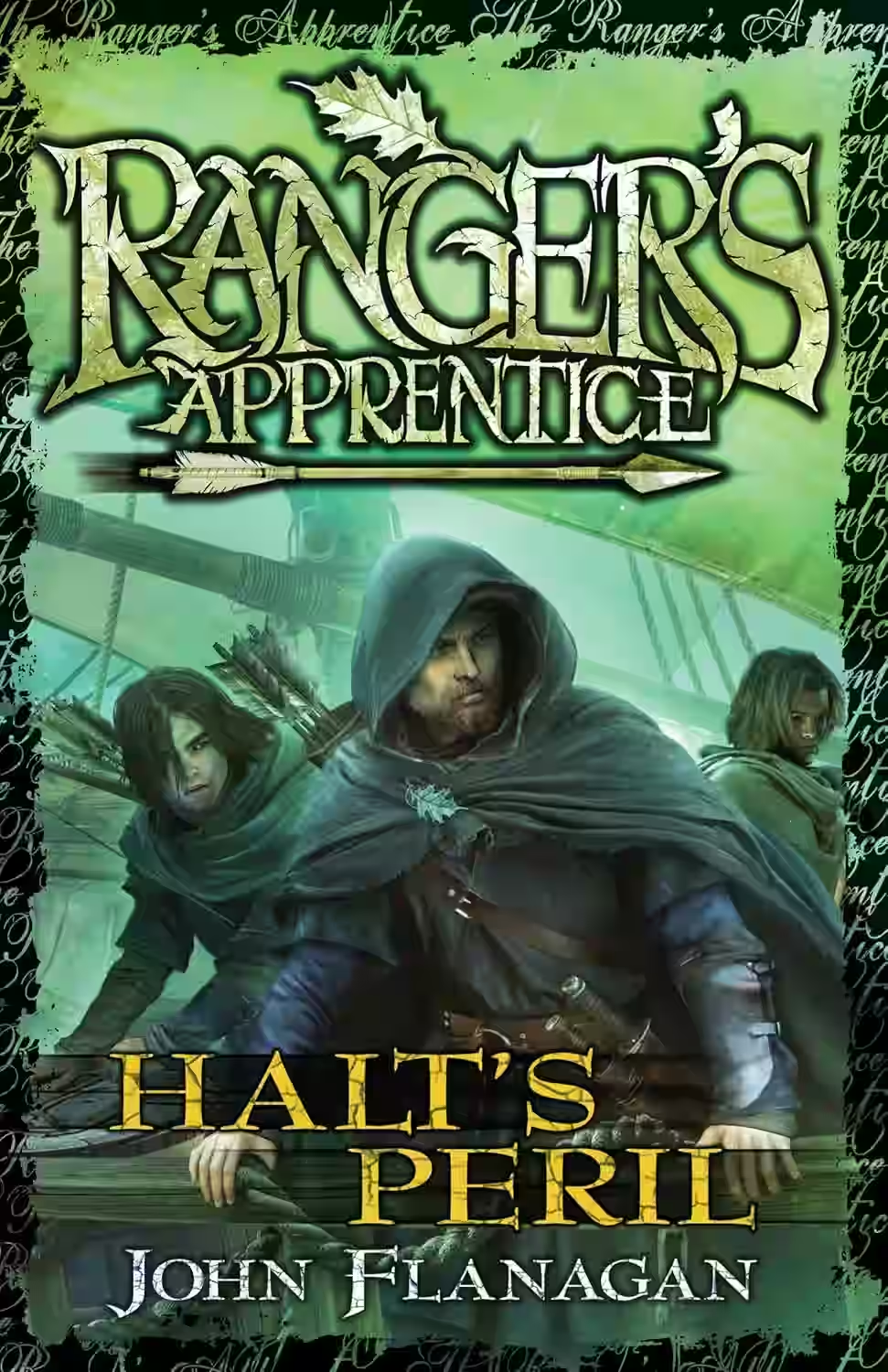
Halt's Peril
Series: Ranger's Apprentice (#9)
Halt's Peril, the ninth book in John Flanagan's captivating Ranger's Apprentice series, takes readers on a thrilling adventure filled with danger, camaraderie, and the sheer will to survive. The story continues the journey of Halt, a seasoned Ranger, along with his apprentice, Will, and their friend Horace, as they track down a group of murderous thieves known as the Outsiders. The narrative tension escalates when Halt is struck by a mysterious poison, introducing an urgent race against time to find a cure. The book explores themes of loyalty, mentorship, and the strength of friendship in the face of adversity. Flanagan's detailed world-building and character development keep readers hooked, showcasing the diverse challenges these beloved characters must face. This installment not only builds suspense but also delves into deeper emotional undertones, making it a satisfying read for both returning fans and newcomers to the series.